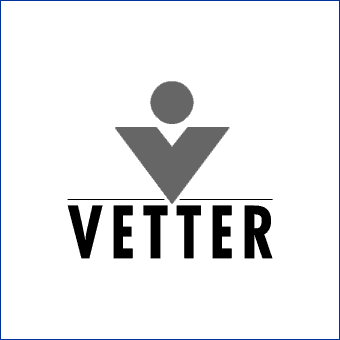Bio-based renewables company Amyris pulled back production plans in a major shift in strategy after running into problems scaling its technology. In a conference call with investors on February 9, CEO John Melo admitted that although the company had proven its technology works at scale, it had learned that “it takes time to translate from peak yield levels in the lab to maintaining those yields over longer operational periods in the field.”
The news sent its shares tumbling 29 percent. Once a high flyer with shares trading as high as $33.82 per share, they ended that Friday, February 10, 2012 at $6.99, having fallen lower in earlier trading. On February 15th, Amyris traded 60 percent below its IPO price and had lost 78 percent of its value in the past year, a reminder of the difficulty in translating achievements in the lab or at pilot scale into the commercial quantities in which bio-based renewables firms need to operate, especially if they are producing advanced biofuels.
Amyris was once held up as the model of how to build a bio-based renewable business. While most industrial biotech start-ups were just that, Amyris aimed at being a full-fledged industrial concern in an industry dominated by big oil and chemical companies. It was one of the first to venture into Brazil to take advantage of the country’s cheap feedstock, sugarcane.
For Amyris, partnerships are a major key to building a successful business. It has a capital-light strategy—partnering with existing facilities and sharing costs to ramp up production of its renewable technology. Based on a synthetic biology platform, its engineered microbes, primarily yeast, can convert plant-based sugars into renewable chemicals that can be used in an array of products such as cosmetics, fragrances, flavors, lubricants, and transportation fuels that can be directly ‘dropped in’ to the established fuel supply. In June 2010, ahead of its IPO in September, Amyris signed a flurry of partnering agreements that helped establish its position in the market and strengthened its feedstock and production capacity.
To date Amyris counts more than a dozen partners, both strategic and commercial, including major oil company Total, sugarcane and ethanol producer Cosan; chemical companies M&G and Kuraray; flavors and fragrance producers Givaudan and Firmenich; cosmetics maker Soliance; and consumer goods manufacturers P&G and Wilmar.
Although Amyris’ IPO at the end of September 2010 priced below its target range at $16 per share, the stock quickly climbed as the company continued its partnering activities at a torrid pace and built its first commercial plant in Brazil plus signed agreements for one in Spain and the use of a Tate & Lyle facility in the United States.
In the conference call, Melo reported that the company only produced 1 million liters of its renewable chemical Biofene, for which it has several supply agreements with chemical, household goods, and cosmetics and fragrance companies. Melo said Amyris would abandon previous guidance that it would produce 40 to 50 million liters of Biofene in 2012. It would discontinue issuing production targets, and instead give regular updates on performance. Melo also said that the company would not be cash flow positive in 2012 and was in the process of raising additional equity financing to cover the gap.
In light of its difficulties producing consistent yields at production quantities, Amyris is changing its focus to improving the quality of its products and the consistency of yields at commercial scale. He said he was “proud” of what the company has accomplished and “humbled by the lessons we have learned.” But he insisted that the company’s long-term plans hadn’t changed and were still on track.
Amyris’ experience will serve as a cautionary tale to the growing line-up of companies at the crucial stage of testing their technology at commercial scale. The challenges are many and include raising the capital to build the first commercial facility, retaining a consistent supply of feedstock, bringing the cost and quality of products to be at par with conventional chemicals and fuels, and having a market in which to sell.
AMYRIS HISTORICAL TRADING
February 17, 2012
http://www.burrillreport.com/article-amyris_scales_back.html




.gif)